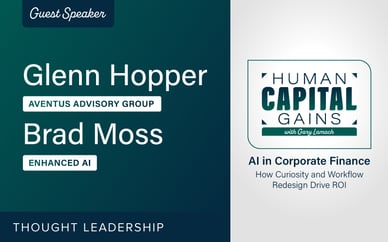In a world where artificial intelligence (AI) is rapidly transforming industries, the job market is no exception. As AI continues to evolve, it brings both opportunities and challenges for workers and employers alike. The training industry is stepping up to ensure that the workforce is prepared for AI-augmented roles and thrives in them. We have observed remarkable initiatives within leading organizations demonstrating how proactive efforts can create a more inclusive and adaptable future. Before we dive into how these efforts are reshaping the landscape of education and training in the age of AI, here is Part 1 of this article that raises issues like bias, privacy, and transparency in AI.
Personalization vs. Privacy: Striking a Beneficial Balance
One of AI’s most promising features is its ability to deliver personalized learning experiences. Take Duolingo, for example. This popular language-learning platform uses AI algorithms to tailor lessons to individual users, making the learning process more efficient and engaging for millions worldwide. However, this level of personalization requires access to user data, raising important privacy concerns. Companies like Apple are setting new standards by implementing robust privacy measures. Apple’s on-device processing ensures that user data remains secure while still providing personalized experiences. Similarly, training platforms are adopting privacy-focused approaches to protect learners’ information, setting a new benchmark for responsible data handling in the education sector.
To further illustrate, consider how Coursera uses AI to recommend courses based on a learner’s past activities and preferences. This not only enhances the learning experience but also helps users discover new areas of interest. However, Coursera also emphasizes data privacy, ensuring that user information is handled with the utmost care.
Transparency and Accountability: Paving the Way for Ethical AI
As AI systems become more integral to assessment and career guidance, the emphasis on transparency and accountability is crucial. Organizations like OpenAI are at the forefront, committed to developing safe and ethical AI. They publish research and engage in public discourse about AI’s societal impact.
In the education sector, Georgia State University's use of AI for student success is a prime example. Their predictive analytics program has significantly improved graduation rates, particularly among underrepresented groups, by maintaining clear communication about how the system works and involving human advisors in the process.
Another noteworthy example is the use of AI in recruitment. Companies like HireVue use AI to analyze video interviews, providing insights into candidates’ suitability for roles. However, HireVue ensures transparency by explaining how their AI models work and allowing candidates to understand the criteria being used. This approach builds trust and ensures that AI is used ethically in hiring processes.
Navigating an Evolving Regulatory Landscape
The ethical implications of AI in training are becoming more apparent, prompting the evolution of regulatory frameworks. The EU's proposed AI Act, which categorizes AI systems based on risk levels, aims to establish clear guidelines for responsible AI development and use in the training industry. Companies like IBM are embracing these regulations as opportunities to build trust with users and differentiate themselves in the market. IBM's commitment to ethical AI development often exceeds regulatory requirements, setting a positive example for the industry.
In addition, the General Data Protection Regulation (GDPR) in Europe has set a high standard for data privacy, influencing how companies worldwide handle user data. Training platforms are now more vigilant about compliance, ensuring that they not only meet but exceed these regulatory requirements to protect learners’ privacy.
Conclusion
As we navigate the ethical maze of AI in training, it’s clear that the future will be shaped not just by technological advancements but by our collective ability to address these challenges effectively. Ongoing collaboration between technologists, educators, ethicists, and policymakers will be essential. By fostering a culture of transparency, accountability, and privacy, we can ensure that AI serves as a powerful tool for enhancing education and training, ultimately leading to a more inclusive and equitable future.
Standing on the brink of this AI-driven transformation in training, one thing is clear: the ethical considerations we grapple with today will shape the learning landscapes of tomorrow. As Tim Cook, CEO of Apple, said in a commencement speech at Stanford University in June 2019, "Technology is capable of doing great things, but it doesn't want to do great things. It doesn't want anything. That part takes all of us. It takes our values, and our commitment to our families, and our neighbors, and our communities."
Is your organization struggling to embrace the power of Artificial Intelligence? Have you explored the AI IQ workshops from ELB Learning? These workshops are designed to help teams understand prompt creation, language models, AI use cases, and how to leverage AI tools in their day-to-day work.
Other References:
AI HLEG (2019) Ethics guidelines for trustworthy AI.
High-level expert group on artificial intelligence. European Commission, Brussels.








